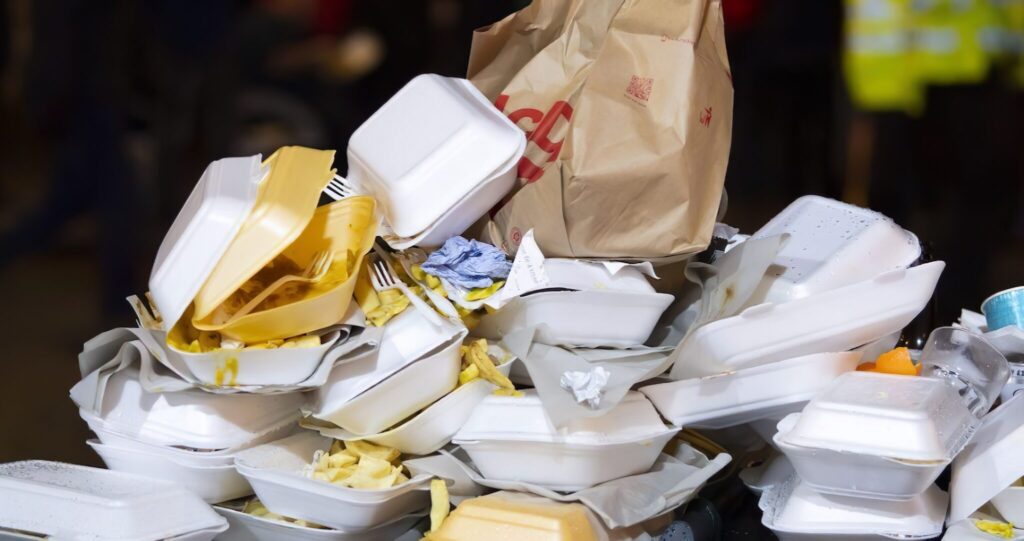
Green Revolution in Lagos: A Bold Ban on Styrofoam and Single-Use Plastics Sparks Environmental Renaissance
- By apentengcollins
- January 29, 2024

In a groundbreaking development, Lagos State in Nigeria has taken a decisive step by implementing an immediate ban on the use and distribution of Styrofoam and other single-use plastics. The announcement came from Commissioner Tokunbo Wahab of the Environment and Water Resources on Sunday, January 21. This bold move was prompted by the severe environmental impact caused by single-use plastics, particularly the non-biodegradable menace of Styrofoam.
Commissioner Wahab highlighted the dire situation where drainage channels in the state were persistently clogged with Styrofoam, despite regular cleaning efforts. In response, he directed the State Waste Management Authority (LAWMA) and the Kick Against Indiscipline (KAI) to swiftly initiate the implementation of the ban. The commissioner urged these agencies to crackdown on production companies and distribution outlets, aiming to prevent any further proliferation of Styrofoam.
Producers, distributors, and end-users of Styrofoam packs were sternly advised to heed the ban or face substantial fines and penalties, including the possible sealing of their premises. Commissioner Wahab emphasized that these entities might also be held responsible for the financial burden of daily cleanups, which amounted to tens of millions of naira.
Expressing a commitment to prioritize the well-being of the populace over the economic interests of a few, Commissioner Wahab declared, “Our state cannot be held hostage to the economic interests of a few wealthy business owners, compared to the millions of Lagosian suffering the consequences of indiscriminate dumping of single-use plastics and other types of waste.”
In a bid to encourage responsible practices, he urged consumers and residents to actively boycott Styrofoam packs and single-use plastics. Instead, he encouraged the adoption of sustainable habits, such as using reusable food containers and water bottles for their food and drinks. The narrative underscored the government’s dedication to environmental sustainability and the collective responsibility of both producers and consumers in creating a healthier and cleaner Lagos.
Connect with us on Instagram